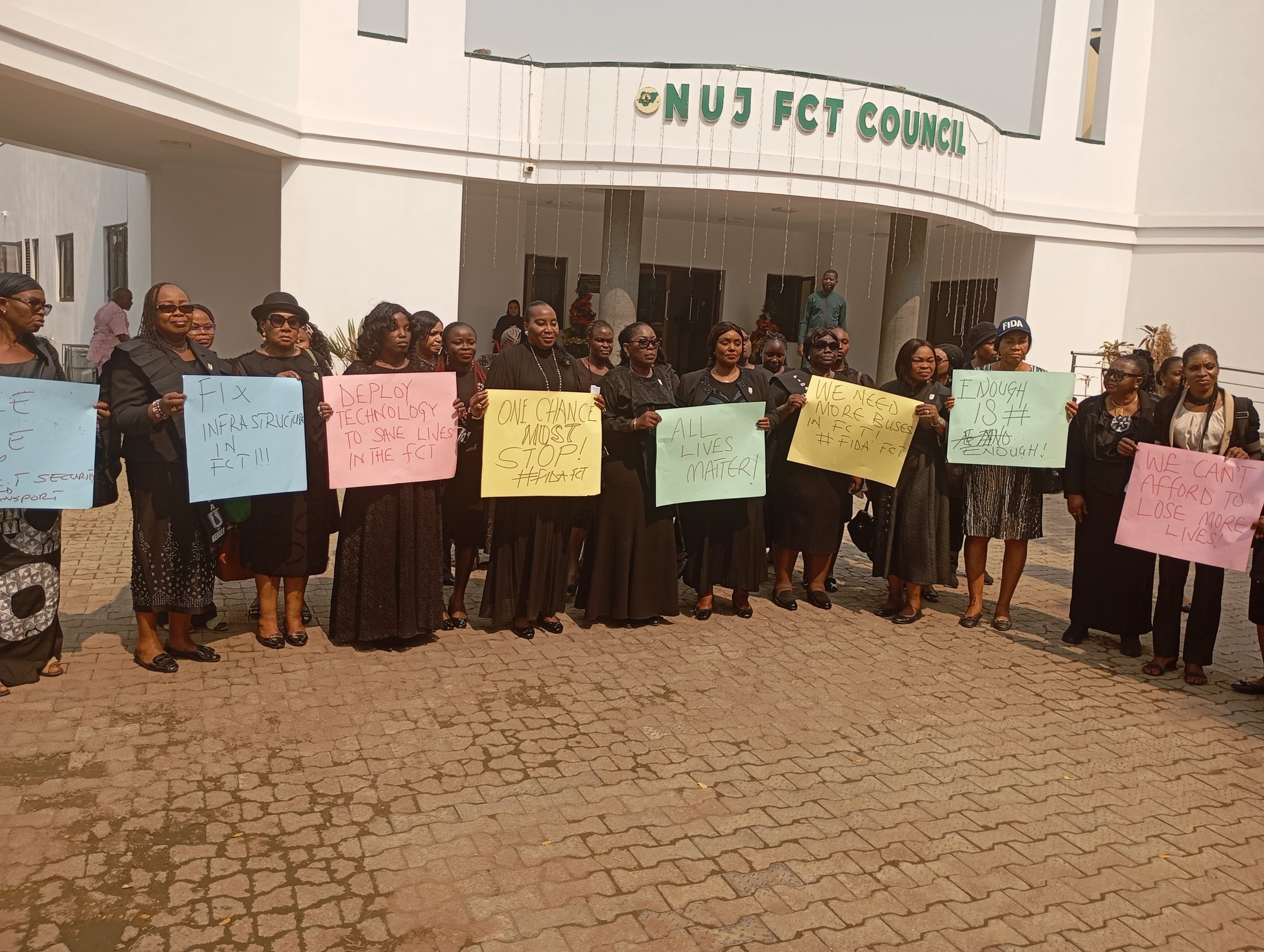The Lagos State government yesterday called for deliberate and transformative action to address the global threat of plastic pollution.
The Commissioner for the Environment and Water Resources, Mr Tokunbo Wahab, who spoke during the Year 2025 World Environment Day Celebration held at the Ifako Ijaiye Secretariat in Ogba, Lagos, stated that safeguarding the planet requires not just awareness, but a deliberate and transformative action by everyone.
He stressed that this year’s theme draws urgent attention to an alarming global threat of plastic pollution and its impact on the ecosystem.
Wahab, represented by General Manager Adefemi Afolabi of the Lagos Wastewater Management Office, explained that the programme is being held simultaneously at the five divisions of Lagos, with the theme “Ending Plastic Pollution,” focusing on combating plastic pollution under the #BeatPlasticPollution campaign.
He added that the theme draws attention to the core objectives of Sustainable Development Goals (SDGs) 12, 14, and 15, which include reducing waste generation through prevention, reduction, recycling, and reuse, while promoting responsible consumption and production, and protecting marine life and preserving terrestrial biodiversity.
Wahab noted that plastic waste clogs waterways, litters streets, and seeps into the ocean, saying that two-thirds of these plastics are short-lived products that become waste and fill the ocean, eventually finding their way into the human food chain.
He said the need to unite to break addiction to plastics is now, adding that everyone must champion zero waste and build a truly circular economy by switching from single-use plastic to reusable and biodegradable packaging.
He highlighted the unique environmental challenges faced in Lagos, which are strongly driven by the population explosion, largely due to the influx of people from neighbouring states and countries. He added that the surge in population has led to a significant rise in commercial activities, placing immense pressure on the already stretched environmental resources.
According to him, it is crucial to recognise that a piece of plastic takes about 500 to 1,000 years to decompose, and this contributes to long-term environmental degradation. The resultant effect on the environment has become alarming and can no longer be ignored.
He said the ministry remains fully committed, alongside sister agencies, and, in line with its statutory responsibilities, is leaving no stone unturned in addressing these challenges by launching several initiatives, such as the Environmental Education Advocacy/Awareness programme.
“Distinguished participants, it is incumbent on this administration to ensure that the necessary tools required to improve environmental sustainability in the state are given utmost priority,” he said.
He recalled that to demonstrate the unwavering commitment of the present administration in this direction, the ministry has placed a ban on the use of Styrofoam packages and plastic bags of less than 40 micrometres.
He urged them to heed the clarion call by adopting a renewed sense of purpose and protecting the fragile environment, as well as ensuring a sustainable environment for future generations through their actions.
Earlier, the Permanent Secretary, Office of Environmental Services, Dr Tajudeen Gaji, noted that the goal of the present administration is to create a cleaner, healthier, and more resilient Lagos where the quality of the environment improves public health outcomes.
Speaking through the Director of Research at the State Environmental Protection Agency (LASEPA), Mrs Warees Sholanke, the Permanent Secretary stated that plastic pollution poses a serious health risk, blocks drainages, and precipitates flooding, which increases the spread of waterborne diseases.
He added that the burning of plastics releases toxic fumes that pollute the air and compromise respiratory health, particularly among vulnerable populations such as children and the elderly.
“Government action alone is not enough. We need collective ownership on this issue. The private sector must invest in sustainable production and responsible waste disposal,” he added.
The programme culminated in an award ceremony, which was presented to the three cleanest streets in the division.
The celebration, which started on Tuesday, also featured a walk for nature and a clean-up exercise across the five divisions of the state.






